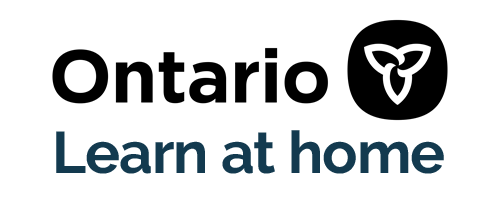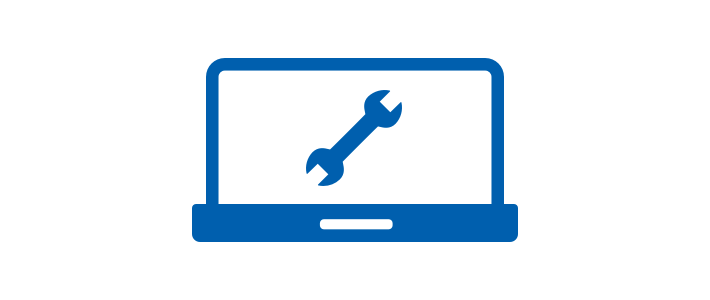We know that children benefit from daily support for their minds, their hearts, and their bodies. Your child’s teacher will be developing learning experiences that support children’s cognitive, social-emotional, and physical development. Educators may use a Mind/Heart/Body framework to plan for learning at home.
Sample Day for a Kindergarten Student
In Kindergarten, we teach the whole child. Every day, we engage their minds, their hearts and their bodies. Even though we’re learning together from a distance (for now), this is still our framework.
You might notice that some prompts inspire learning for your child’s heart, mind, and body! This is something that we notice as well, and it’s exciting to see children making connections this way.

 |
 |
 |
|---|---|---|
| Approximately 20 minutes daily for each component – not necessarily consecutively. | ||
| Learning Activity: Help fold laundry with a family member. Think of ways the laundry could be sorted, and talk about which group has more, the same or less. Can you sort items a different way? |
Learning Activity: Watch Todd Parr read his story The Feel Good Book. Talk with your child about what makes them feel good. Invite them to draw or write about this. Share some things that make you feel good. Try to help each other feel good at least one time each day! |
Learning Activity: Watch Dr. Jean’s Banana Dance. Try out the actions and sing along! Can you teach the song to another family member? What other foods (and actions) could you add to the song? |
| What Children are Learning: Sorting is an important mathematical concept. Students are discovering ways things are the same and different. Determining which group has more or less is another mathematical concept about quantity. |
What Children are Learning: Identifying feelings is important for children as they grow. When they can identify their feelings they can begin to learn how to manage their feelings (e.g., take a deep breath when they feel angry or frustrated). Talking, drawing and writing about their feelings supports their literacy learning. |
What Children are Learning: Action songs like this support learning in many ways, including oral expression, vocabulary, motor skills and healthy living. |
Categories: Kindergarten

